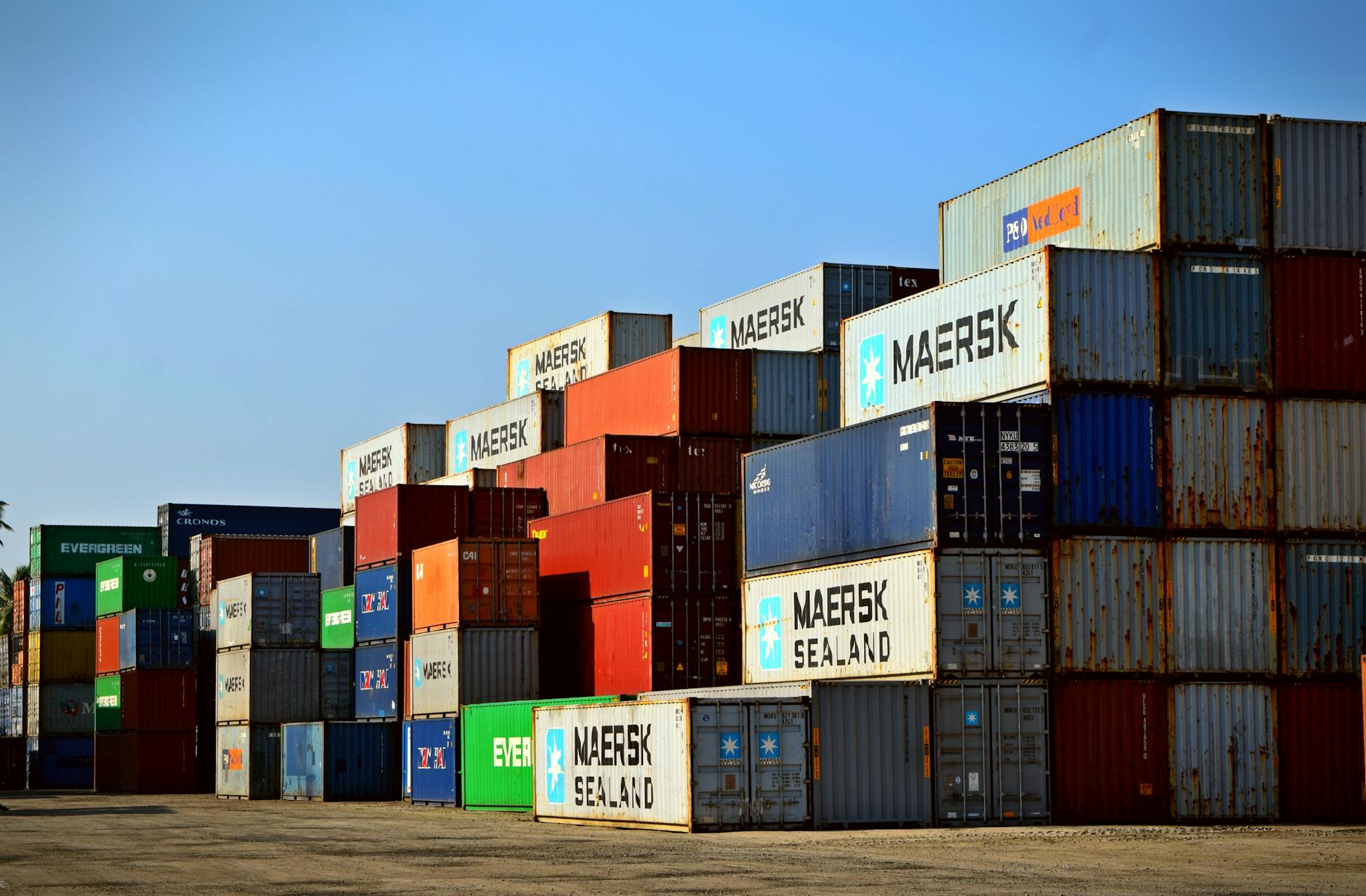The United States has significantly tightened its control over the export of advanced artificial intelligence chips, simultaneously abandoning the so-called ‘AI Diffusion Rule’ which aimed to regulate the spread of cutting-edge AI technology. This move signifies a renewed emphasis on safeguarding US technological leadership and preventing adversaries from accessing strategically important AI capabilities.
The rescinded ‘AI Diffusion Rule’, enacted by the previous administration, would have imposed varying levels of export restrictions based on the destination country, a strategy that risked straining international relations. Instead, the US government is opting for a more targeted approach focused on protecting sensitive technologies and preventing their acquisition by hostile actors.
Specifically, the new measures include intensified restrictions on Huawei’s Ascend series of AI chips, effectively prohibiting their global use under US export controls. The government has also issued a warning regarding the use of US-developed AI chips for training AI models within China. These changes are coupled with enhanced guidance designed to fortify supply chains and ensure that controlled technologies do not reach unauthorized entities. The overarching goal is to foster domestic innovation in the AI sector while simultaneously mitigating the risks associated with the proliferation of advanced AI technology to potential adversaries.
